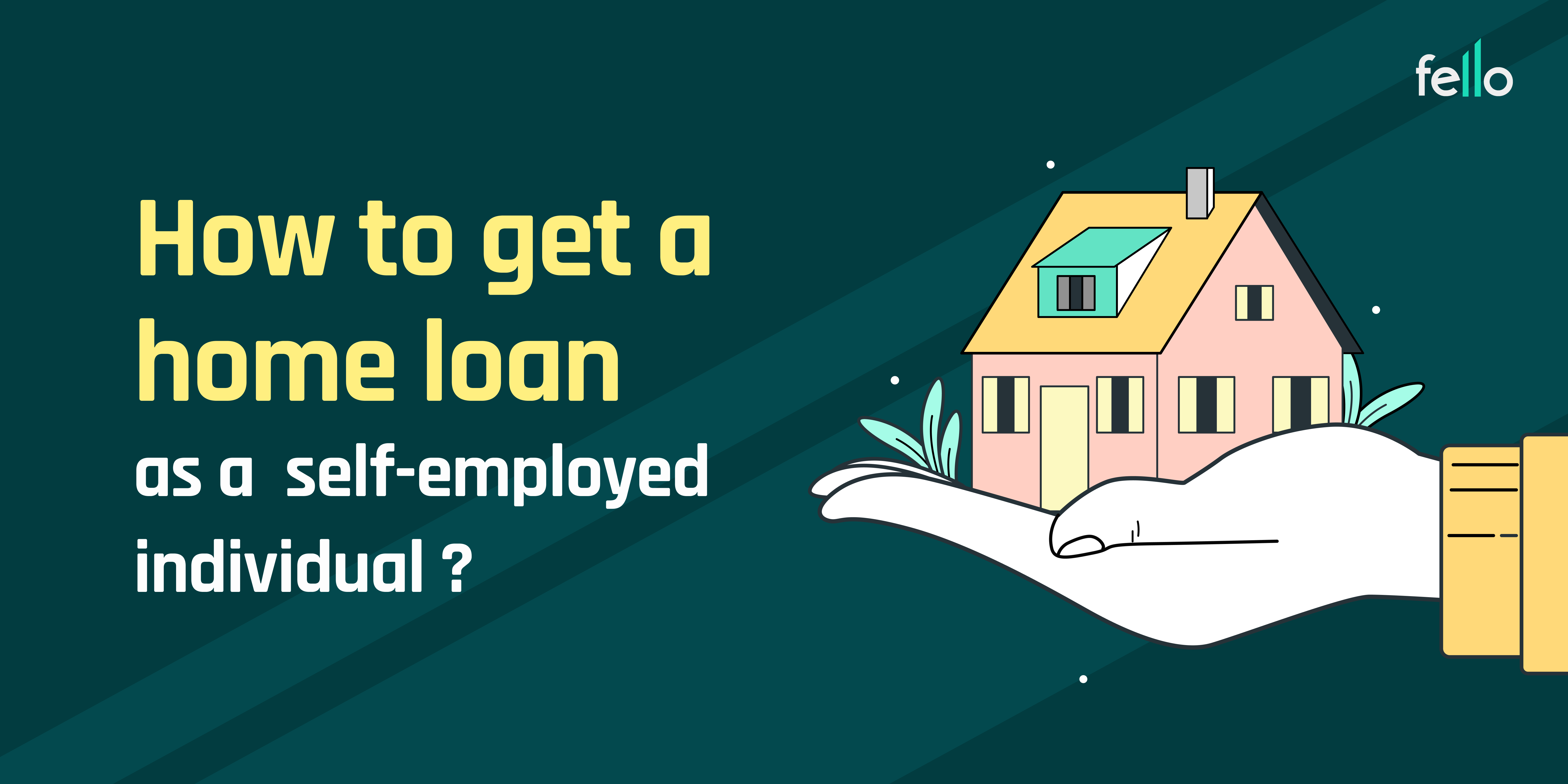The Ministry of Statistics and Programme Implementation (MoSPI) reports that over 50% of India’s workforce is self-employed. Yet, despite this growing number, many still face tough challenges when applying for home loans. Getting a home loan is not always straightforward when you work for yourself. Unlike salaried employees, business owners and self-employed individuals must jump through more hoops to prove their income stability. Lenders typically see self-employment as riskier, but that doesn’t mean getting approved is impossible. This guide breaks down how to get a home loan as a business owner/ self-employed individual and what you need to prepare to improve your chances.
Why It’s Harder for Business Owners and Self-Employed Applicants
When you’re self-employed, your income can fluctuate. Lenders prefer consistency, which is why salaried employees often have an easier time. Self-employed applicants usually show lower taxable income due to business deductions, which can make it look like they earn less than they actually do.
Key challenges:
- Unstable or variable income
- Lower taxable income after deductions
- Complex financial documentation
But with the right preparation and documents, you can absolutely secure a mortgage.
Key Requirements for Home Loan Approval
Here’s what lenders generally look for when considering how to get a home loan as a business owner/ self-employed individual:
| Requirement | Details |
| Income Verification | At least 2 years of tax returns, profit and loss statements, bank statements |
| Credit Score | Ideally 620 or higher |
| Business Stability | Minimum of 2 years in the same business |
| Debt-to-Income Ratio | Preferably 43% or lower |
| Down Payment | 10-20% usually expected |
Meeting these standards will make your application much stronger.
Step-by-Step Process
1. Get Your Financials in Order
Prepare the last two years of your tax returns, bank statements, and profit & loss statements. If your taxable income seems low, consider working with an accountant to show your real cash flow.
2. Build Your Credit Score
Lenders rely heavily on your credit score. Aim for at least 620, but a score above 700 will give you better rates.
3. Save for a Larger Down Payment
The bigger your down payment, the less risk the lender takes. This can offset concerns about your variable income.
4. Keep Business and Personal Finances Separate
Lenders want to see a clear distinction between your personal spending and your business finances. Separate accounts make this easier.
5. Consider Working with Mortgage Brokers
Some brokers specialize in helping self-employed individuals. They can connect you to lenders who are more open to non-traditional income sources.
6. Be Ready to Explain Your Business
Be prepared to explain how your business operates, why it’s stable, and how you generate consistent revenue. Supporting documents like client contracts can help.
Alternative Loan Options
If traditional lenders seem too strict, you can explore alternative loans like:
- Bank Statement Loans: Lenders assess your income based on 12-24 months of bank statements instead of tax returns.
- Asset-Based Loans: Approval based on your assets rather than your income.
- Non-QM Loans: These offer more flexible underwriting standards but often come with higher interest rates.
Tips to Strengthen Your Application
- Reduce your debts before applying.
- Avoid major business expenses leading up to your application.
- Keep thorough records of all income streams.
- Be transparent and proactive in explaining any financial red flags.
Final Thoughts
Knowing how to get a home loan as a business owner/self-employed individual is half the battle. The other half is preparation. Understand what lenders need, organise your financial documents, and consider professional advice to improve your odds. With the right steps, getting a home loan as a self-employed individual is entirely achievable.
Here’s how you can get an instant loan without a cibil score

